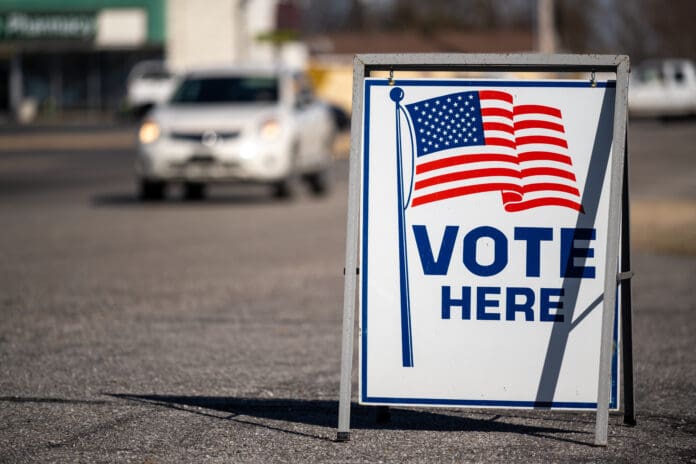Has your phone been buzzing non-stop with unsolicited political text messages since election season began?
Voting early may quiet most of them, but bad actors may keep blowing up your cell until election day passes.
University of South Florida Political Science Professor Emerita Susan MacManus told WFSU she has held meetings with Democrat and Republican voters. She said everyone is sick of political texts.
“They all hate them, and they don’t look at them because the parties have made an overuse of that, and it’s really offensive and annoying to people that that’s all they’re getting, and most of the time they ask for money,” she said.
Mass-sent political text messages have exploded in popularity nationwide since a 2021 U.S. Supreme Court ruling loosened opt-in requirements to mass texting lists. This allows for data aggregators to collect phone number lists and sell them to interested political groups or PACS.
Patrick O’Keefe, a political communications adjunct lecturer at the University of Florida, said one way you can get these messages to slow down is to go vote, as political parties and well-funded political operations track who has already voted.
“Once somebody’s voted, it doesn’t make sense to reach out to them. So, for party operations that are able to incorporate that into their data centers, it means that they can save money by not texting you, because it doesn’t do them any good either,” he said.
But it won’t stop them all together. Democratic Political Consultant Kevin Cate said he’s already voted, and that hasn’t stopped the flood of texts he receives.
“A normal world? Yes, the campaigns would stop with direct mail, the direct text messages, the GOTV. However, there are many, many sloppy campaigns for every well organized campaign. And I can speak from personal experience, I’m still getting inundated with texts and mailers from 99% of the campaigns that are targeting me,” he said.


Another part of the problem is that some people form political committees with no intention of actually supporting a cause or candidate. Instead, they send text messages pretending to support a Republican or Democrat issue, then send the majority of money they get directly to their consultants. Cate says those groups are some of the worst offenders.
“You’ve had a proliferation of shady Fly-By-Night super PACs and other entities that are trying to grift money off of people, and so they have zero incentive to remove you from a text message list since you’ve already voted, or if you’ve given in another way, all they want is your attention and money, and the quickest, shadiest, silliest way to do that is to text you incessantly until you respond,” he said.
UF’s O’Keefe says the existence of those PACs and other abuses will likely hurt text messaging outreach’s effectiveness in the long term unless changes come.
“The industry is either going to have to self-regulate, or the government’s going to have to come in and regulate, because it’s not good for campaigns or for the public,” he said.
For now, text stop to any number you have received a spam message from. It will stop you from getting more messages from that number, but other groups can still send spam messages from other numbers, so you’ll likely have to send stop several times.


